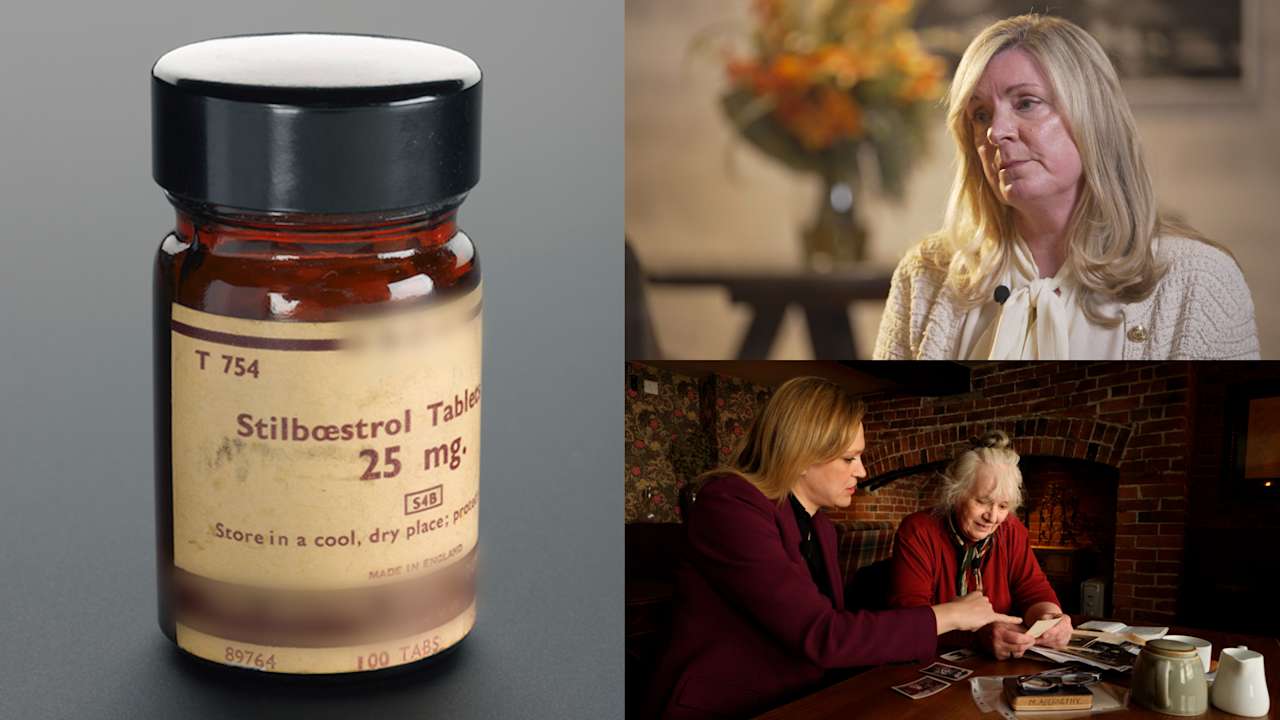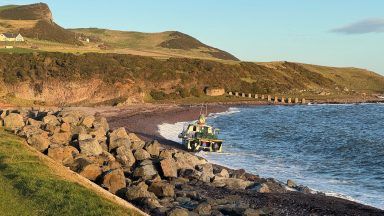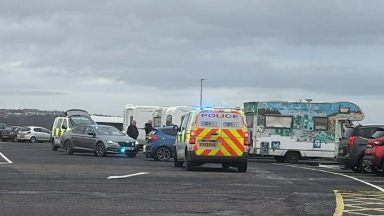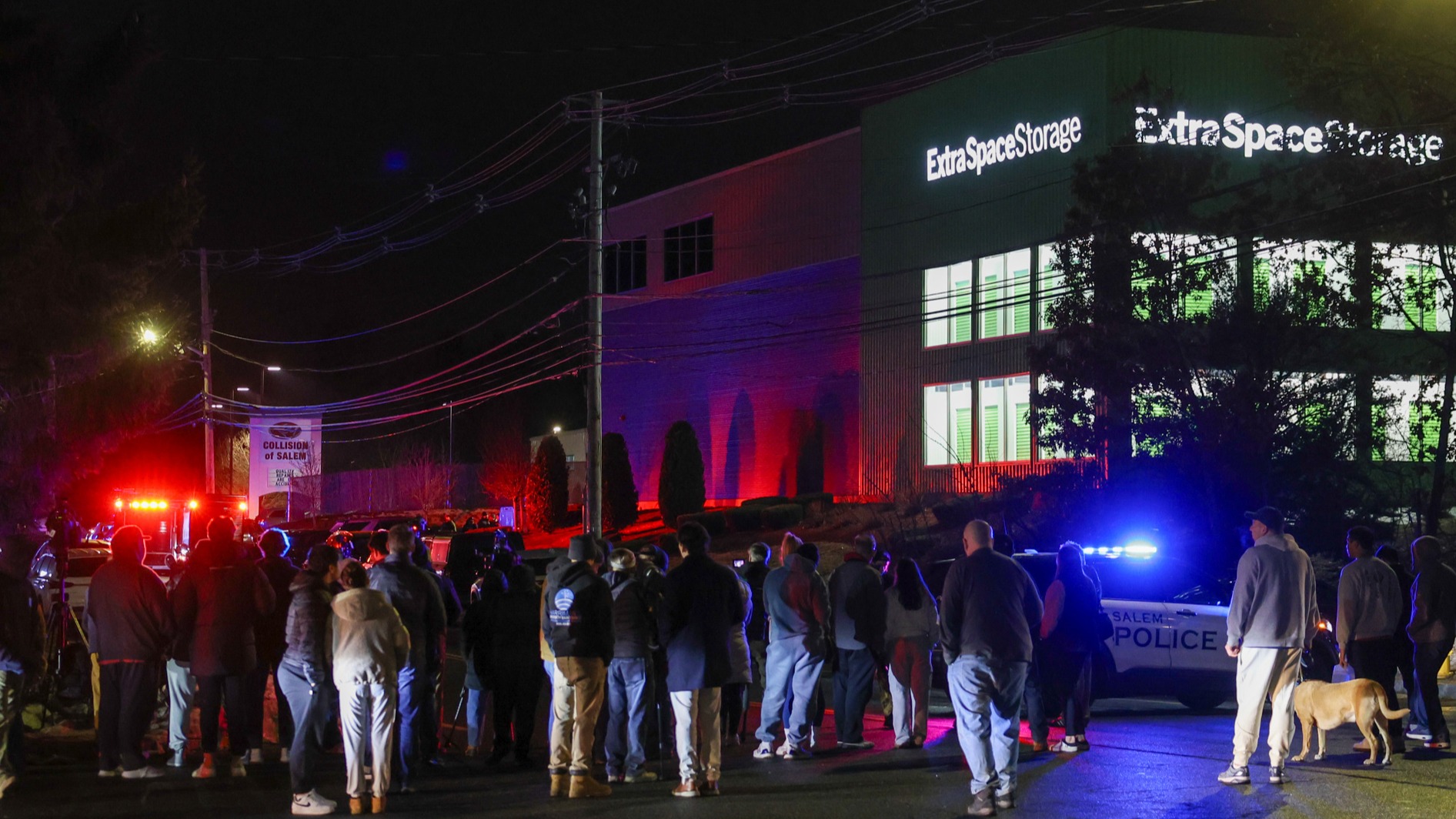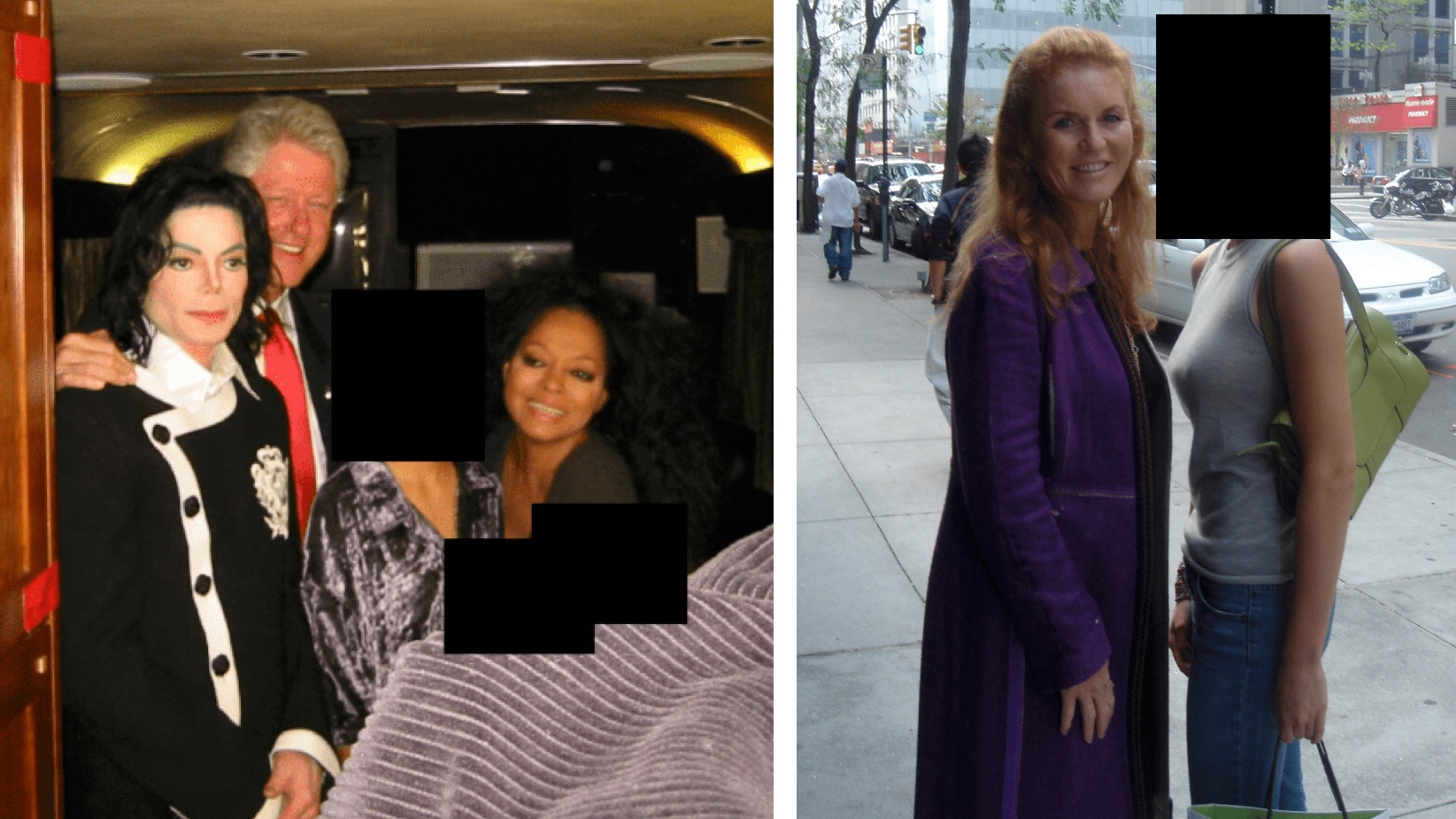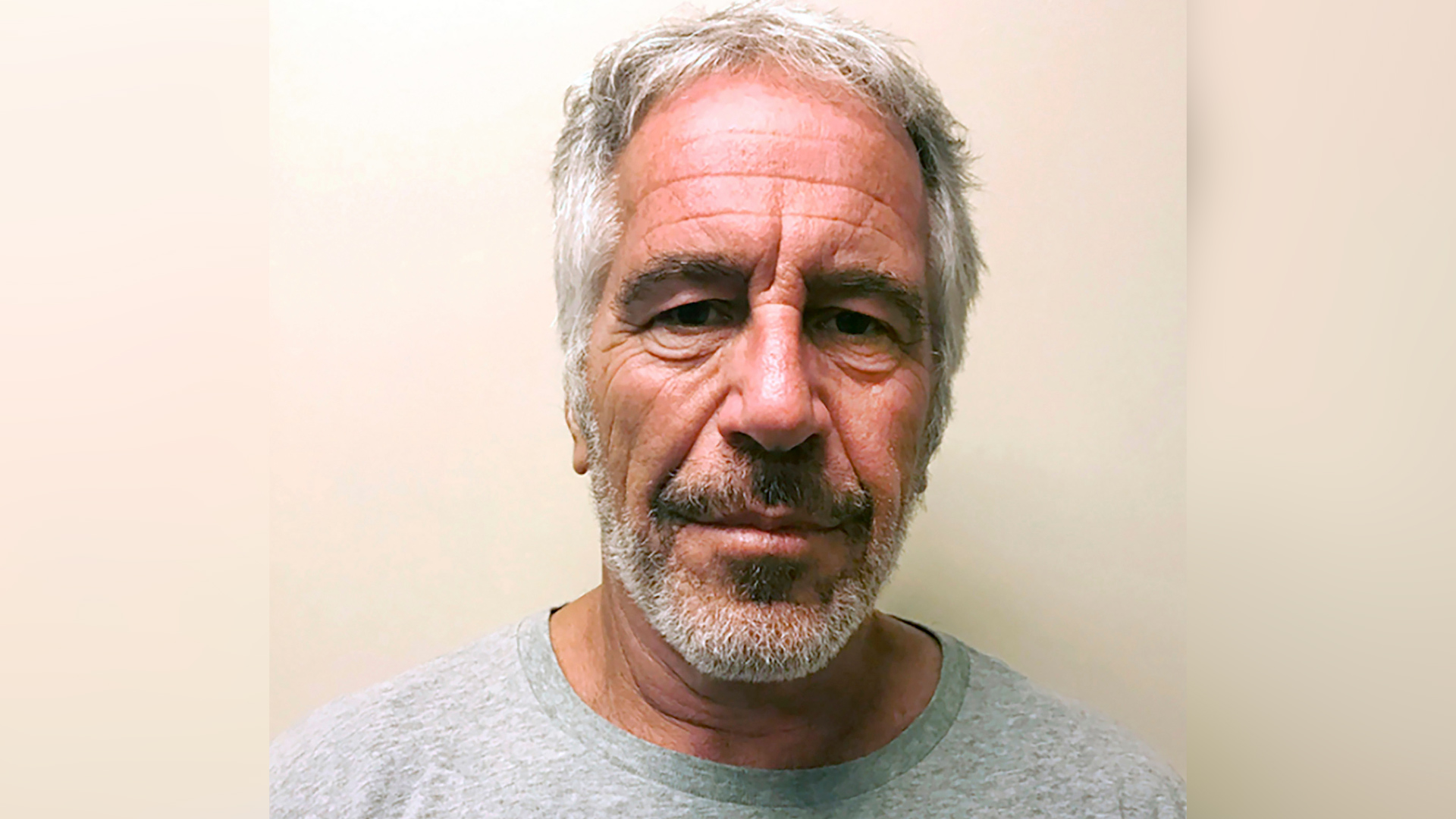There are calls for a nationwide investigation to find how many women were prescribed the controversial pregnancy drug DES over four decades, ITV News Social Affairs Correspondent Sarah Corker reports
An ITV News investigation has heard from more than 100 women who believe they were exposed to a controversial drug linked to cancer – which was prescribed on the NHS for nearly four decades.
The anti-miscarriage drug Diethlystilbestrol, commonly known as DES, was given to hundreds of thousands of women, some of whom have developed rare cancers – and the harm has been “passed down generations”.
Have you been impacted by these events?
Tell us your story.
One woman exposed to DES in her mother’s womb has had more than 30 medical procedures she described as “barbaric” and is now preparing to take legal action.
Suzanne Massey, 56, from Liverpool believes the drug was given to her mother while she was pregnant and is to blame for a lifetime of “destructive” health problems that have left her unable to walk at times due to severe pain.
“It’s a pain that no woman should have to go through, it’s been barbaric at times,” Ms Massey told ITV News.
“I’ve been in hospital for procedures or operations every year for the last 25 years.
“I want awareness, screening and compensation, because it’s taken some of my life away, and I can’t get that back.”
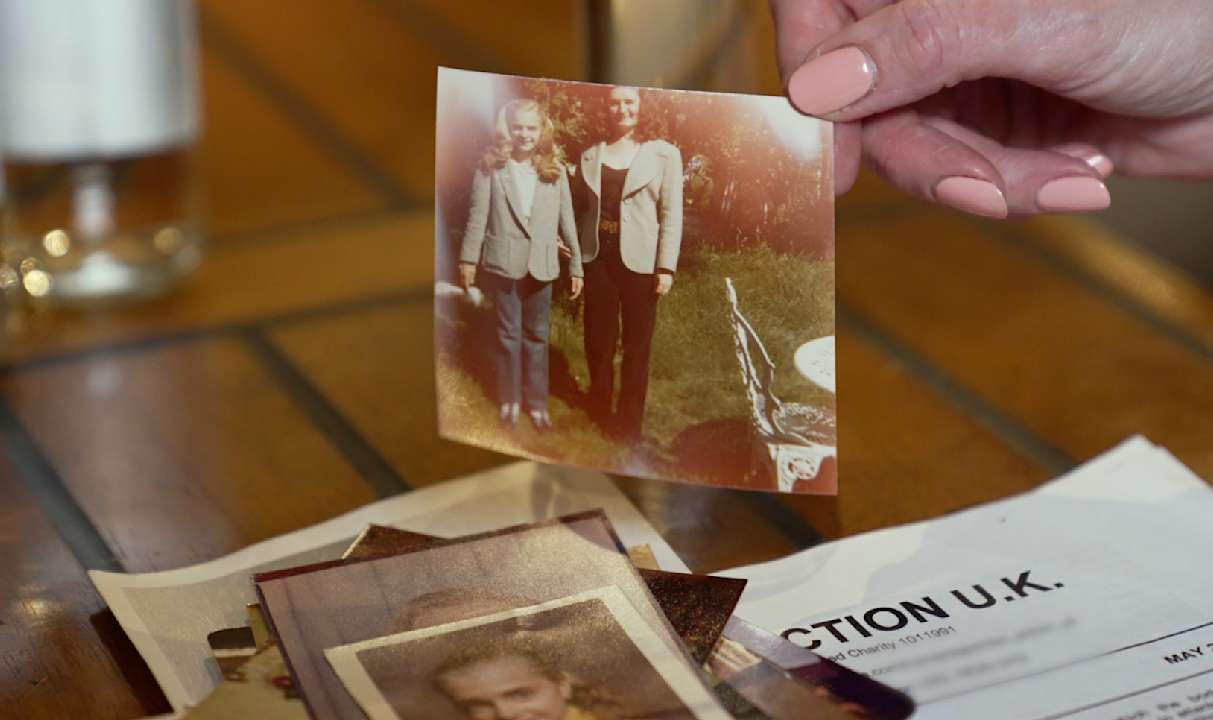
It’s estimated up to 300,000 women were prescribed DES between the late 1930s and 1973, before it was withdrawn when medical researchers found links with cervical, vaginal and breast cancer.
It was prescribed on the NHS to treat pregnancy complications and to dry up breast milk.
ITV News has found that doctors and public officials raised safety warnings about DES from the 1950s onwards, yet it was still used for another 20 years.
The harm, including infertility and internal abnormalities, can affect the second and third generations. Those exposed in the womb, like Ms Massey, are known as DES daughters.
Suzanne Massey believes the anti-miscarriage drug given to her mother while she was pregnant is to blame for a lifetime of health problems
After years of invasive procedures, doctors discovered anatomical abnormalities within Ms Massey’s reproductive system, which was covered in rare, abnormal cells and later resulted in a hysterectomy.
Representing Ms Massey, Clare Fletcher, Partner at law firm Broudie Jackson Canter, told ITV News that the government was culpable and needed to pay compensation.
“These are lifelong injuries from this horrendous drug,” she told ITV News. “It’s time for accountability, the government needs to accept what they knew about this drug and when.”
Clare Fletcher, Partner at law firm Broudie Jackson Canter, told ITV News government was culpable
Three generations of the Hall family fear their health complications could be connected to DES exposure.
Jan Hall, 75, from Bournemouth, believes her mother Rita was prescribed DES during three pregnancies and that exposure contributed to her death, aged 32, from breast cancer in 1951, when Jan was a toddler.
Medical evidence suggests women who took the drug during pregnancy are at an increased risk of breast cancer.
Ms Hall has suffered a lifetime of health problems, including a diagnosis of cervical cancer in her twenties.
Her daughters have also had gynaecological problems including abnormal smears and pre-cancerous cells in the cervix, but said doctors aren’t taking their concerns about DES seriously – in some cases they’d “never even heard of the drug”.
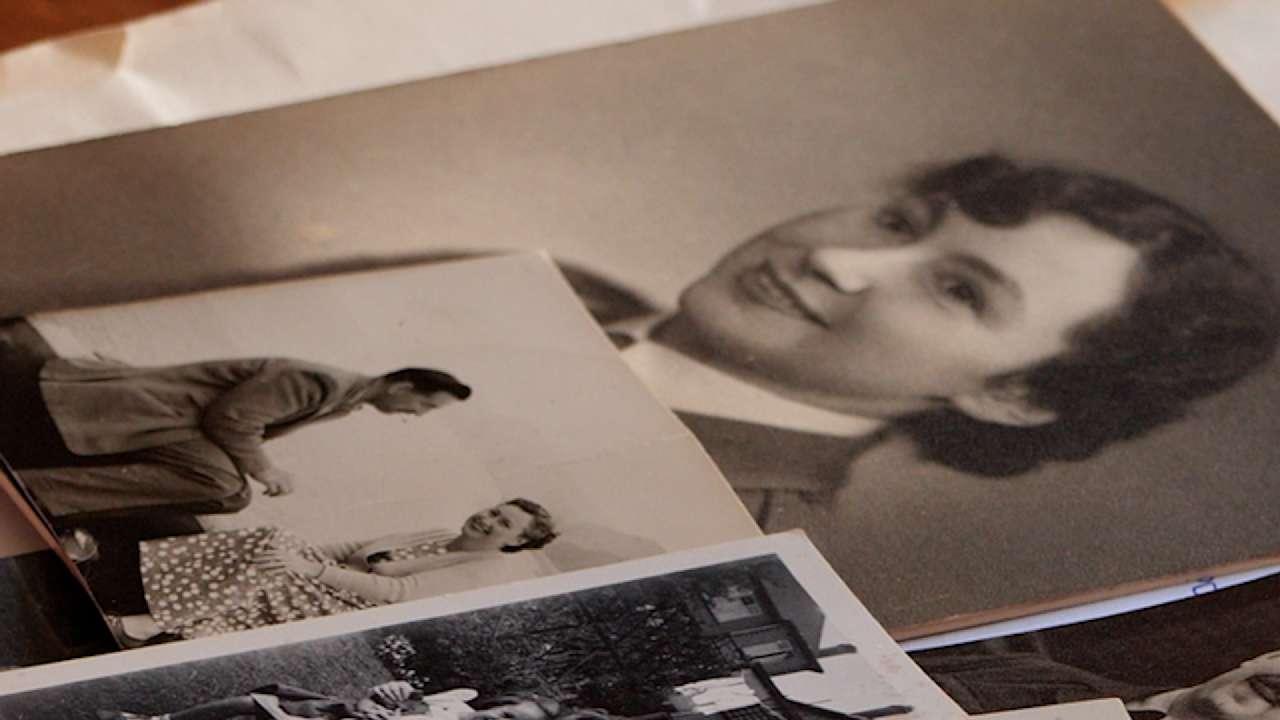
Beth Morillo-Hall, who is 42 and has suffered multiple miscarriages, said: “When I went for my abnormal smear and had a biopsy and I mentioned DES and he said ‘oh I don’t know what this is’.
“That shocked me that medical professionals aren’t even aware. It’s massively frustrating,” she added.
Her sister Hannah Windle-Hall, 39, may never know if the pre-cancerous cells found in her cervix are linked to the drug, but has been left frustrated that there’s no enhanced monitoring for those exposed, despite the known, increased risks.
“It doesn’t make you feel secure in their care,” she said.
“It’s upsetting because there hasn’t been enough research, we don’t know have I transferred this down to my daughter, it shouldn’t be swept under the carpet.”
Jan Hall is concerned about the generational impact this drug could have on her children and grandchildren
The Medicines and Healthcare products Regulatory Agency said that in 1971 it was recognised that DES could cause a distinct type of cancer in the daughters of women who took it in early pregnancy.
The Committee on Safety of Medicines wrote to all doctors in May 1973 to advise against the use of DES in pregnancy and women who have not yet gone through menopause.
Yet ITV News has been contacted by women who believe they were given the drug as late as 1978/79.
Doctors said an enhanced cancer screening programme for those affected would save lives, but the government has failed to act, despite knowing about the risks for decades.
Dr Ahmed Talaat, Consultant Gynaecologist and Gynaecological Cancer Surgeon at the University Hospitals Plymouth NHS Trust has treated 12 DES daughters who he screens regularly for cancer.
“The risk of cancer including cancer of vagina, or the cervix is nearly doubled in patients whose mothers received DES. That’s why they should be under close observation. Regular screening,” he said.
Dr Ahmed Talaat, Consultant Gynaecologist and Gynaecological Cancer Surgeon, has treated 12 DES daughters who he screens regularly for cancer
While thousands of DES victims have sued pharmaceutical companies in the US, France and the Netherlands, there have been no successful cases in the UK.
Poor NHS record keeping and the casual way that DES was given out, means that women may never know for sure, or be able to prove, what impact it’s had on their lives. Some may still not even know they were given it.
In response to our investigation, a Department of Health and Social Care spokesperson said: “Our sympathies are with anyone harmed by the historic use of Diethylstilboestrol (DES). We will continue to explore what support can be offered to those impacted by the use of this drug.”
For more information or support about the issues raised in this report, visit:
- Information on Diethylstilbestrol (DES) Exposure and Cancer here
- There is guidance on the UK Government website about cervical screenings here
- Legal firm Broudie Jackson Canter has set up a campaign page for those affected here
- The NHS website has information on cervical cancer here
- The NHS website has information on breast cancer here
- If you think you need medical help right now, please contact your GP or 111 online can tell you what to do next
Follow STV News on WhatsApp
Scan the QR code on your mobile device for all the latest news from around the country


